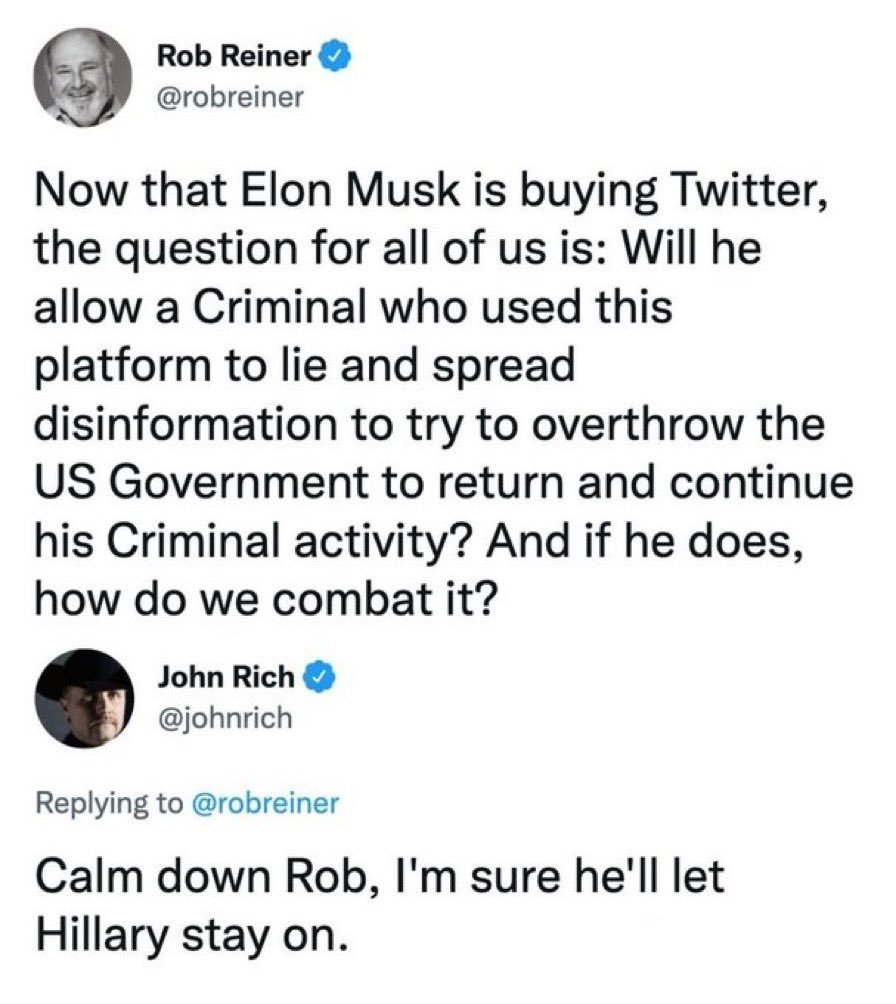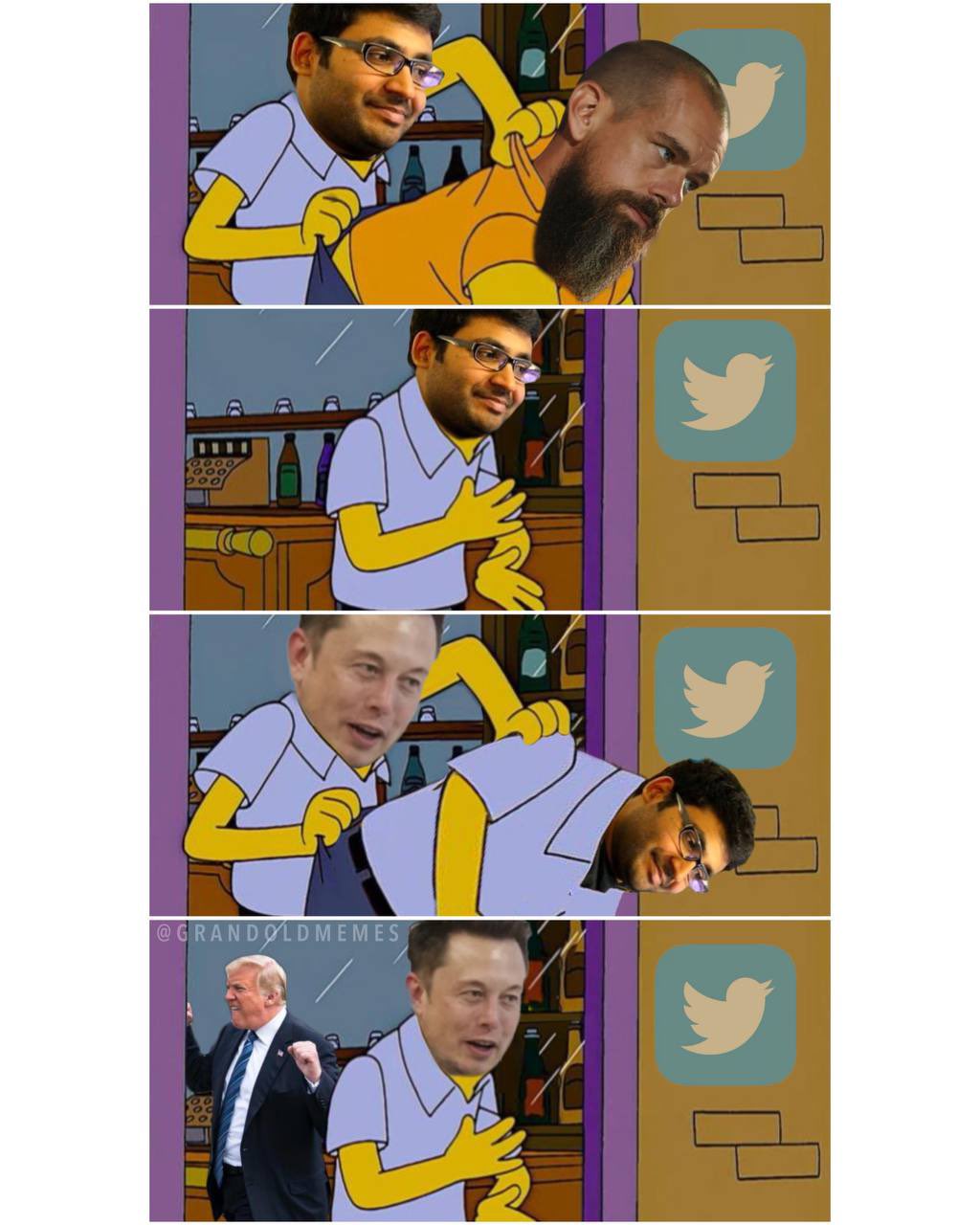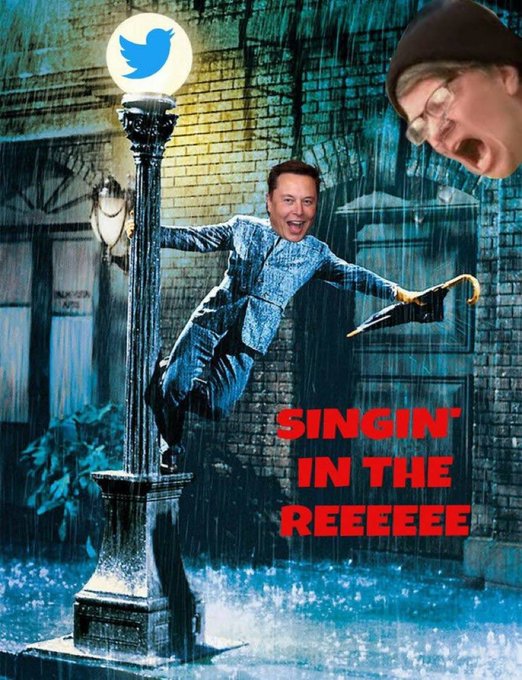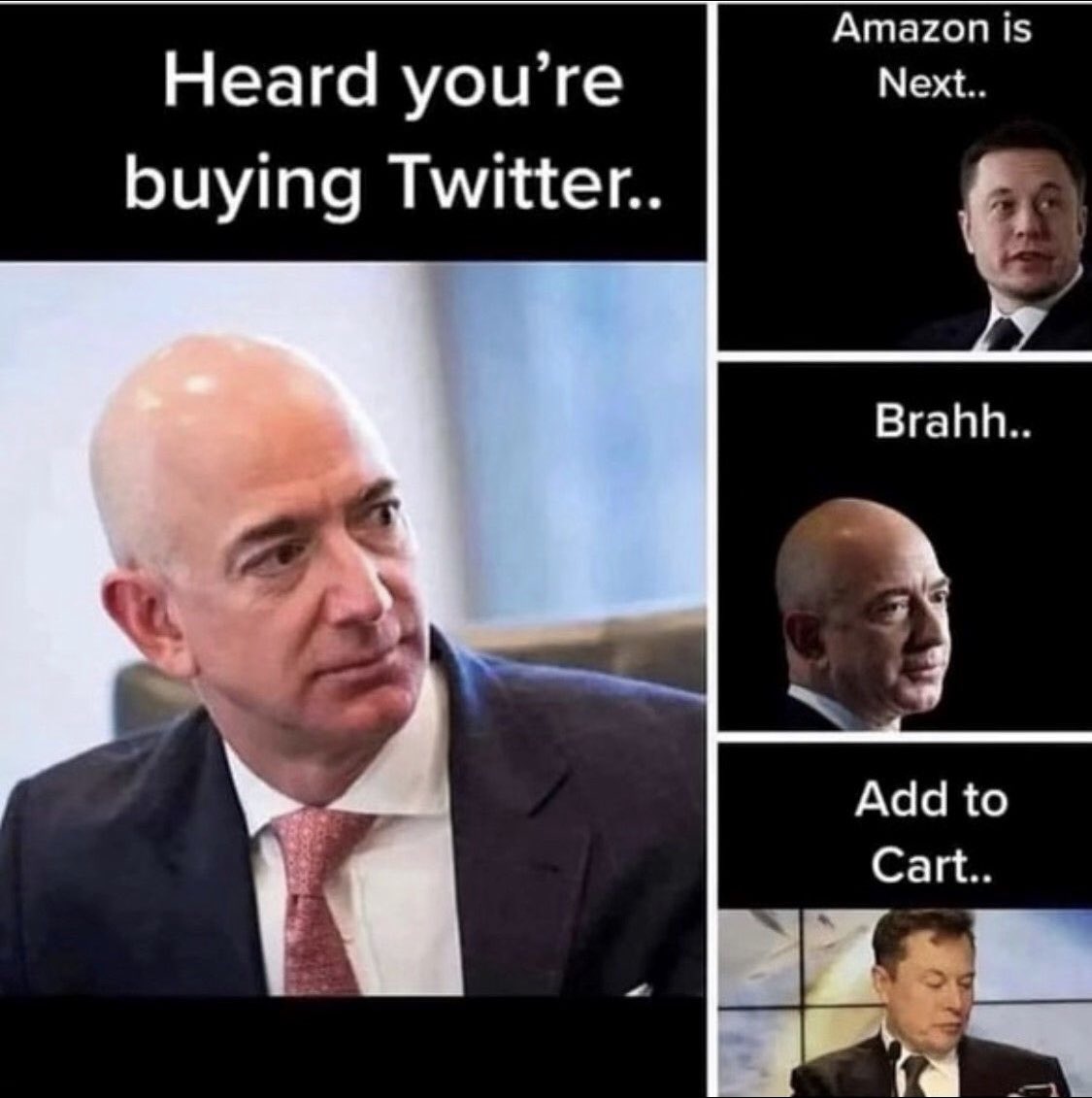So you know that I strongly oppose any more aid to Ukraine and am deeply unhappy with the $95 billion slush fund that was just passed by the U.S. House on Saturday. If I had to find a silver lining it would be this:
After weeks of being bogged down, legislation that could lead to a ban on TikTok is being fast-tracked by Congress.
The US House on Saturday approved a bill that would require the popular social media platform’s Chinese owner, ByteDance, to sell TikTok to a buyer deemed fit by US officials. The measure, which was attached to an aid package for Ukraine and Israel, now moves to the Senate.
While some oppose forcing a sale or an outright ban, there seems to be some evidence that the Chinese are using it for psychological warfare against the U.S., and particularly teens and young adults.
The bill is aimed at forcing ByteDance to sell TikTok to a buyer that American officials are OK with, as well as guaranteeing that ByteDance no longer has access to US user data or control over the TikTok algorithm that decides what videos American users see.
TikTok is the international version of Douyin, the short-form video platform introduced in 2016 and owned by Beijing-based ByteDance. More than 150 million Americans—almost half the U.S. population—use the app. But there’s evidence that TikTok (in particular, but part of the larger impact of social media) is having a corrosive effect on the mental state of younger generations.
Concerns about the hugely popular Chinese-owned video app have been bubbling for years. Besides its effects on young people’s mental health, lawmakers, security officials, and experts have sounded the alarm that the app’s data can be accessed by Beijing and that the communist regime could use the app to run influence campaigns and spread disinformation.
[…]
Geoffrey Cain, a journalist and technologist, said the mental health of Generation Z in the United States is suffering, and a great deal of that stems from an addiction to TikTok.
By comparing the content exposure of a fake 13-year-old with parental control settings across various social media platforms, his research discovered that such users had the easiest access to harmful content on TikTok.
However, his team’s tests showed that the same harmful content available to 13-year-old American TikTok users isn’t accessible by 13-year-olds who use Douyin, China’s version. Instead, Chinese users see a Ministry of Public Security warning of inappropriateness when they try to view the same videos.
“So, clearly, the Chinese government knows that this is extremely harmful content,” Mr. Cain told The Epoch Times. “Considering that they essentially control ByteDance, why do they allow TikTok to show this in America, whereas, in China, this same material is all banned?
“They know that it has a horrible effect on kids, yet they’re okay with it being shown here.”
No. I refuse to believe it! I shan’t! The same country that’s facilitating the U.S. fentanyl crisis is intentionally dumping psychologically damaging video content on Americans, too? Tell me it ain’t so!
At a Senate hearing earlier this year, FBI Director Christopher Wray affirmed that ByteDance owns TikTok’s algorithm and that the only way the algorithm could work is if ByteDance also has access to the data collected by TikTok.
TikTok has repeatedly maintained that it is independent from its Chinese parent company. According to TikTok, its U.S. customer data are stored in Virginia and backed up in Singapore, and it has never, and will never, share its U.S. data with the Chinese regime.
However, leaked audio of internal TikTok meetings held in September 2021 mentioned a Beijing-based engineer as a “Master Admin” with access to all data, according to a BuzzFeed report. A recent article in Fortune said that a senior data scientist at TikTok reported to a ByteDance executive in Beijing in 2022.
Oh. Never mind.
It seems that TikTok could actually be a nefarious influnce operation aimed at undermining our society.
In March 2023, the Chinese regime’s Ministry of Commerce spokesperson strongly objected to any sale, citing a technology export issue. Recently, Chinese authorities also signaled to ByteDance that Beijing would choose a ban in the United States over a forced sale, according to The Wall Street Journal. Reuters reported that the CCP took a similar stance in 2020.
All this suggests that the CCP treats the algorithm like a “state secret,” according to Peter Schweizer, president of the Government Accountability Institute, a think tank.
“To me, that’s indicative of what their true interests are here. It’s not to provide a platform for commercial activity; it is to create a platform as an influence operation,” he recently told The Epoch Times.
Lots more at the link including a section on “Cognitive Warfare.”
Know what your kids are absorbing on social media because it’s possible it’s wrecking their minds.










